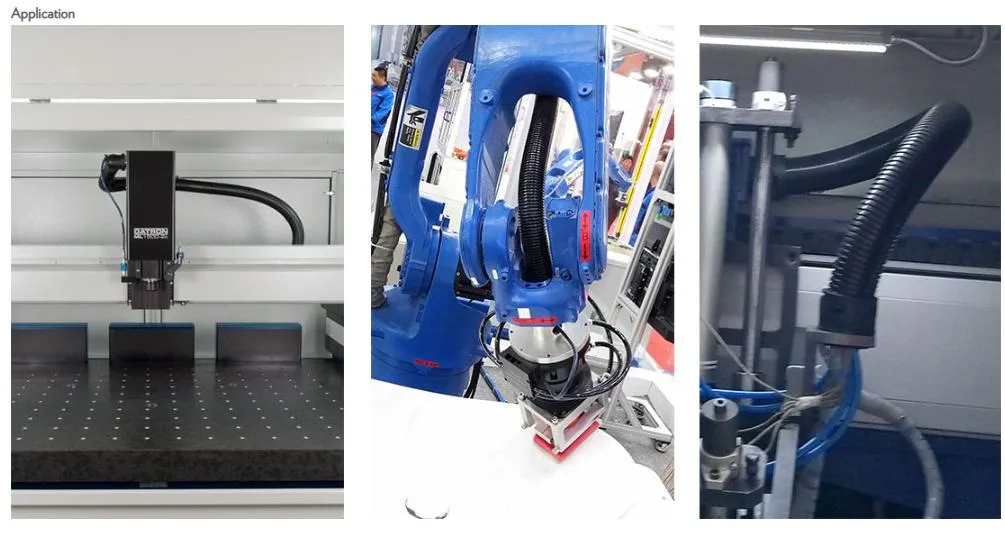metal chip conveyor
Metal Chip Conveyor An Essential Component in Modern Manufacturing
In the realm of manufacturing, efficiency and productivity are paramount. One of the often-overlooked components that plays a crucial role in enhancing these factors is the metal chip conveyor. Manufacturers across various industries, especially those that engage in metalworking, face the common challenge of managing metal chips and by-products generated during machining processes. A metal chip conveyor offers an effective solution to this issue, promoting a cleaner, safer, and more efficient workspace.
The Importance of Metal Chip Conveyors
Metal chips are by-products produced during machining operations such as milling, turning, drilling, and grinding. These chips can create not only a messy work environment but also potential safety hazards. When left unchecked, they can lead to slips, falls, and even machinery malfunction. This is where a metal chip conveyor comes into play. By efficiently transporting these chips away from the machining area and into a collection system, the conveyor minimizes risks and contributes to a more organized workspace.
Moreover, the environmental aspect is increasingly becoming important in manufacturing. Proper disposal and recycling of metal chips are essential for compliance with environmental regulations. A dedicated metal chip conveyor system simplifies the collection process, allowing manufacturers to recycle materials effectively. This not only reduces waste but also cuts down on raw material costs, further enhancing overall efficiency.
Types of Metal Chip Conveyors
Metal chip conveyors come in various types, each suited for specific applications and types of chips. The most common types include
1. Drag Chain Conveyors These conveyors utilize a chain that pulls the metal chips along a track. They are ideal for heavy and bulky chips, such as those generated during heavy-duty machining processes.
2. Screw Conveyors Commonly used for small, granular metal pieces, screw conveyors use a rotating helical screw blade to move the chips. They are efficient for horizontal and inclined applications.
3. Belt Conveyors These employ a belt to transport chips across relatively short distances. They are versatile and can handle various types of metal chips, making them suitable for different machining environments.
metal chip conveyor

4. Magnetic Conveyors These are particularly effective for ferrous chip transport. Utilizing magnets, they can handle chips without the need for a containment system, making them an efficient choice in specific applications.
5. Tubular Conveyors These systems use a tube to convey metal chips, protecting them from contaminants and providing a clean handling process. They are ideal for applications requiring a sealed environment.
Benefits of Implementing Metal Chip Conveyors
The advantages of incorporating metal chip conveyors into a manufacturing operation are numerous
- Increased Safety By removing metal chips from the work area, these conveyors reduce the risk of accidents.
- Improved Efficiency Automated systems can work continuously without the need for manual labor, allowing workers to focus on more critical tasks.
- Cost Savings By streamlining material handling and recycling processes, metal chip conveyors can lead to significant cost reductions.
- Enhanced Cleanliness A cleaner workspace not only improves morale but also reduces wear on machines, prolonging their lifespan and maintaining product quality.
Conclusion
In conclusion, metal chip conveyors are an indispensable asset in the modern manufacturing landscape. They ensure that metalworking operations run smoothly, safely, and efficiently. As industries continue to evolve and focus on sustainability, the role of metal chip conveyors will only become more critical. By investing in advanced conveyor systems, manufacturers can enhance productivity, reduce waste, and create a safer working environment for everyone involved in the production process. The future of manufacturing is not only about creating better products but also about refining the processes that lead to them, and metal chip conveyors are at the forefront of this important evolution.








